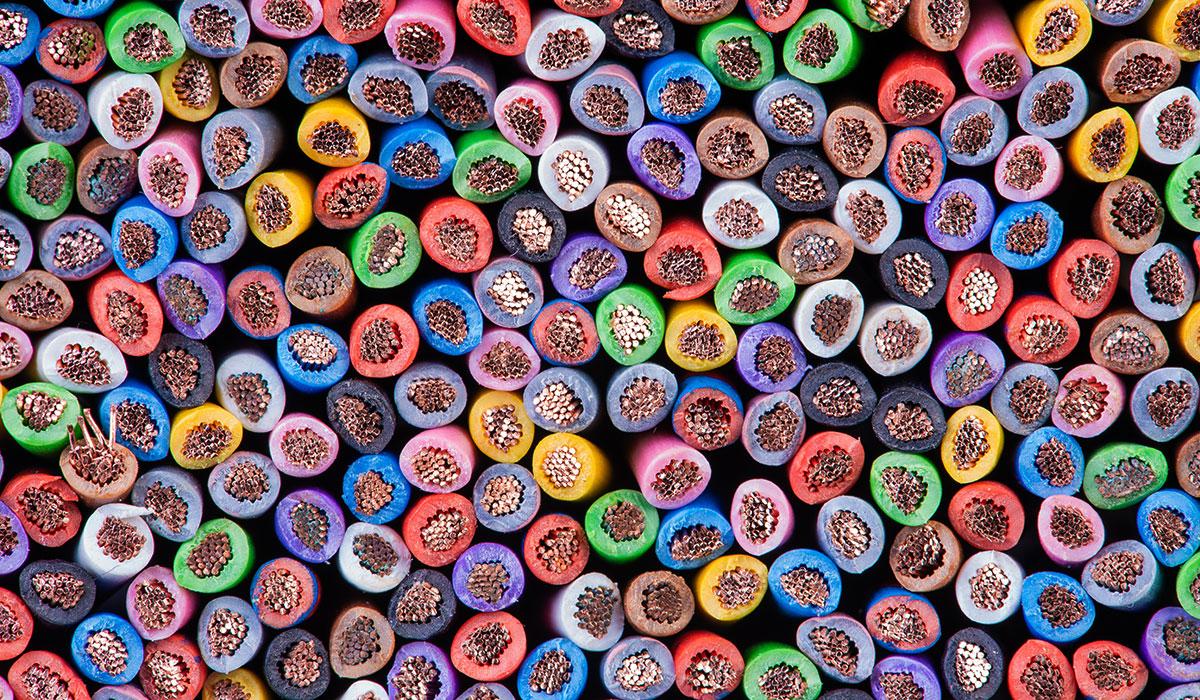In new guidance for recyclers, the Environment Agency has confirmed that, unless proven it does not contain Persistent Organic Pollutants (POPs), household WEEE must be treated as hazardous waste.
Used in the manufacture of EEE (electrical and electronic equipment) for many years, although their use has been largely phased out in new equipment since 2009, POPs are chemical substances that were commonly used as a fire retardant in plastic casings.
They can also be found in a wide range of other materials however, including printed circuit boards and cables. The reason chemicals classed as POPs are so hazardous is that they can persist unless destroyed or irreversibly transformed. This gives them the ability to bioaccumulate in the environment, posing a risk to human health and the environment.
Updated guidance
The Environment Agency has stated this week in updated guidance for the WEEE recycling sector: “We have updated this guide to reflect a revision of the Persistent Organic Pollutant Regulations in 2019. Following a study to examine the presence of POPs in waste electrical and electronic equipment (WEEE), we have clarified the requirements for how you must manage WEEE.”
The new guidance on classifying electronic and electrical equipment states that if the WEEE contains a certain level of POPs it cannot be recycled or reused and importantly “If you’ve assessed your waste and are still not sure if an item is hazardous or POPs waste, you should treat it as hazardous and POPs waste as a precaution.” Exports of WEEE are also impacted, with exports only permitted for items of WEEE that can be proven to be non-POPs waste.
EEE manufactured after 1 January 2009 is much less likely to contain some types of POPs however, and the EA states that reuse is permitted within the UK if it can be demonstrated that you have ‘checked each item of WEEE to make sure it was manufactured after 1 January 2009 and met all the other relevant requirements for reusing WEEE’.
This guidance is not perfect and there are exceptions to this however, with some equipment manufactured after 2009 containing levels of POPs higher than the permitted thresholds.
Higher recycling costs
The POPs issue has been known for a while now, particularly with Regulatory Position Statement 228 issued in December last year. On the ground it means higher recycling costs and this is set to continue to have an impact on recyclers, reuse operations and B2C EEE producers required to purchase WEEE recycling evidence to off-set their obligations.
It has never been so important to collect and recycle WEEE however and we must not forget it is one of the fastest growing waste streams.
B2B Compliance operates a UK-wide WEEE collection service, using an online request form.


